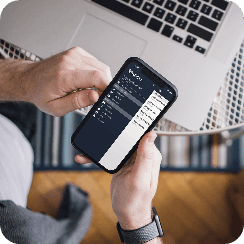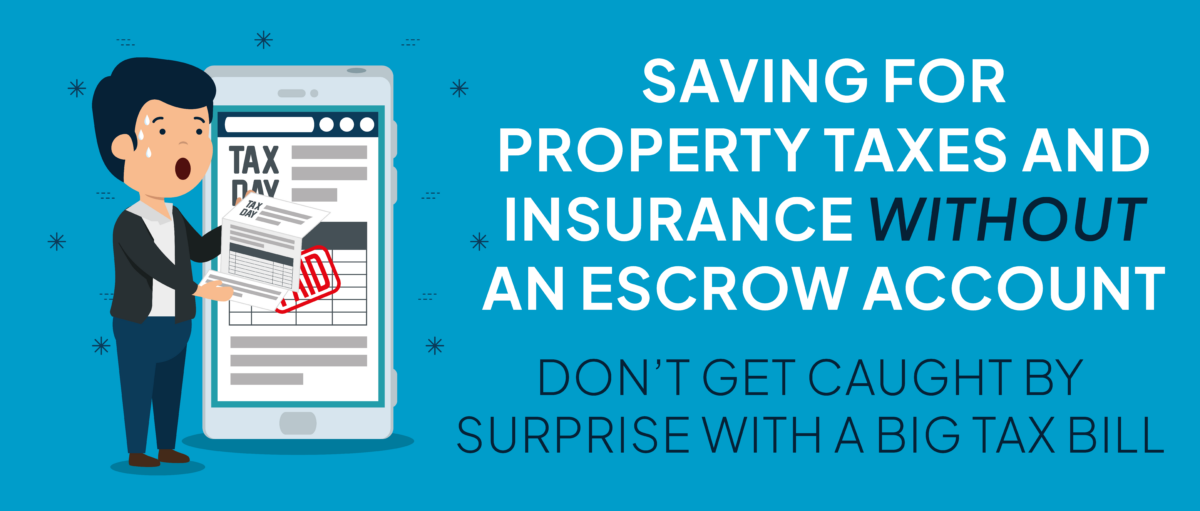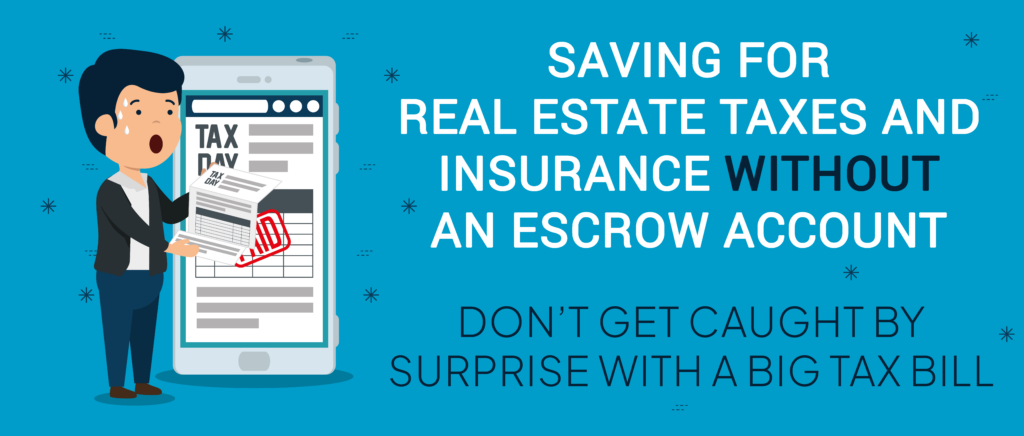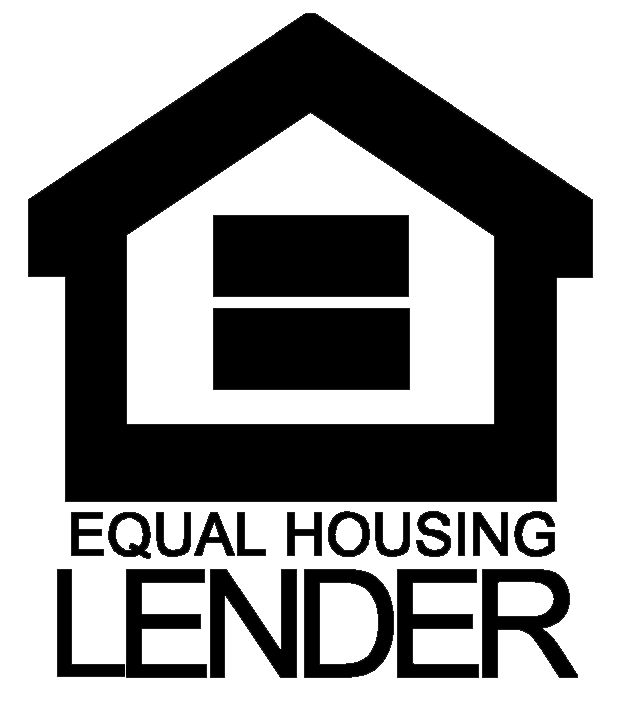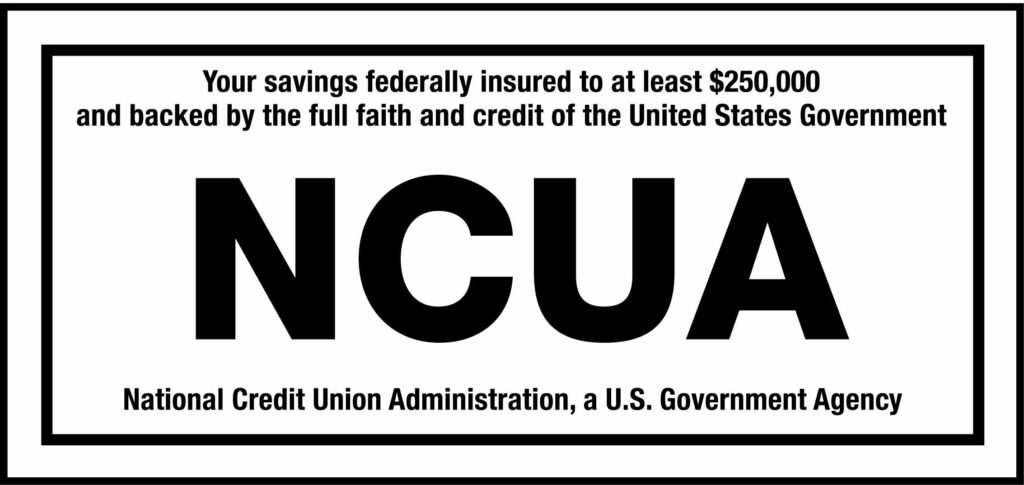What is a HELOC?
Home Equity Loan vs. HELOC: What’s the Difference?

One of the biggest perks of homeownership is the ability to build equity over time. You can use that equity to secure low-cost funds in the form of a second mortgage—either a one-time loan or a home equity line of credit (HELOC).
Home equity loans and HELOCs use the equity in your home—that is, the difference between your home’s value and your mortgage balance—as collateral. As the loans are secured against the equity value of your home, home equity loans offer extremely competitive interest rates—usually close to those of first mortgages. Compared with unsecured borrowing sources, such as credit cards, you’ll be paying less in financing fees for the same loan amount.
Home Equity Loans
A home equity loan, or second mortgage, comes as a lump sum of cash. It’s an option if you need the money for a one-time expense, such as a wedding or a kitchen renovation. These loans usually offer fixed rates, so you know precisely what your monthly payments will be when you take one out. Learn about Second Mortgages here.
We offer a fixed rate option on our second mortgages with a maximum term of fifteen (15) years.
Several advantages of working with us on your loan:
- Low closing cost
- No pre-payment penalty
- Retained servicing (excludes 30 year fixed)
- Variety of payment options
- Cash-out refinances on specific mortgage plans
A HELOC Is…
A HELOC is a line of credit that revolves – similar to a credit card – and can be used for large expenses, unexpected expenses, home remodeling, debt consolidation(1) or the like. Like a credit card, each time you repay some or all of the money used from the HELOC, your credit line is correspondingly replenished.
A HELOC is a secured loan in that you are borrowing against the equity that has been built in your house. Typically, lenders will let you borrow from 80 to 95 percent of your home’s equity.
When you obtain a HELOC, you are given a draw period, or length of time during which your line of credit will stay open. Draw times typically average 10 years. After the draw period is over, you enter into the repayment period, which for qualified members, we offer a great rate with a maximum term of fifteen (15) years.
AGCU offers HELOC’s in the following Missouri counties: Greene, Dade, Polk, Dallas, Webster, Christian, Stone, Lawrence, and Taney.
A HELOC Works by…
Borrowers can apply for HELOCs through AGCU’s Home Loan Center. The lender will assess the borrower’s home LTV (loan-to-value) ratio, as well as their income, credit score and other debt. Like a home loan, HELOCs – once approved – include closing costs. A Mortgage and HELOC document checklist is available here.
HELOCs typically have a variable rate which, in large part, will be based on the current prime rate. This means that when rates rise – as they have been lately – the rate on a HELOC will rise accordingly. Even so, the rate on a HELOC is usually lower than credit card rates.
Once the HELOC has been approved, the borrower begins the draw period. During this time, any money borrowed from the line of credit is repaid each month by interest-only payments, which may mean a lower monthly payment. When the draw period is over, the borrower moves to the repayment period, during which time the monthly payment begins to include principal plus interest for any money borrowed, meaning the monthly payment may increase.
The Phases of HELOCs
Most home equity credit lines have two phases. First, a draw period, often 10 years, during which you can access your available credit as you choose. Typically, HELOC contracts only require small, interest-only payments during the draw period, though you may have the option to pay extra and have it go toward the principal.
After the draw period ends, you can sometimes ask for an extension. Otherwise, the loan enters the repayment phase. From here on out, you can no longer access additional funds, and you make regular principal-plus-interest payments until the balance disappears. Most lenders have a 20-year repayment period after a 10-year draw period. During the repayment period, you must repay all the money you’ve borrowed, plus interest at a contracted rate. Some lenders may offer borrowers different types of repayment options for the repayment period.
AGCU Home Loan Center
Every borrower is different, and we offer a variety of products to meet your requirements. We make the mortgage process simple and straightforward by offering the latest in financial tools that enable you to make sound financial choices. Whatever your real estate lending needs are, AGCU is here to help you navigate the process. Call our team of mortgage professionals at 866-508-2428(AGCU) or email us for more information.
KEY TAKEAWAYS
- Home equity can be a great source of value for homeowners to access cash for renovations, large purchases, or alternative debt repayment.
- Home equity loans and lines of credit are secured against the value of your home equity, so lenders may be willing to offer rates that are lower than they do for most other types of personal loans.
- A home equity loan comes as a lump sum of cash, often with a fixed interest rate.
- A home equity line of credit is a revolving source of funds, much like a credit card, that you can access as you choose.
- Learn more about Home Equity Loans or Lines of Credit
Banking With A Purpose
Much more than a catchphrase, our tagline is our passion, our reason why we do what we do. This is the impact of your membership with AGCU.
Learn More About Banking with a Purpose
